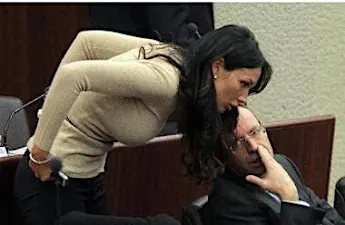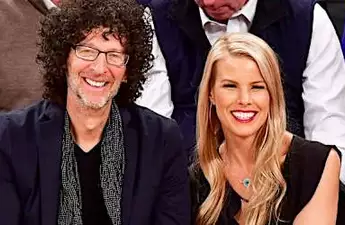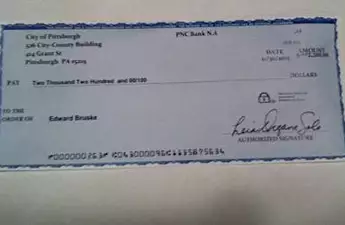
HAVANA -
Despite being in the upper echelons of Cuba's government for the past two decades, new President Miguel Diaz-Canel is not exactly well known.
Most people on the island of more than 11 million know that, unlike the Castro brothers, he wasn't part of the 1959 revolution. Some aren't sure.
But that hasn't stopped Cubans from welcoming their new president, hopeful he will advance reforms to improve their daily lives, in a country with an average monthly salary of $30.
"We're hoping for more changes," said Yani Pulido, a 27-year-old waitress working in a bar in Old Havana.
"The power is passing to a much younger person, with new ideas, new perspectives, so we hope that the reforms will move much faster."
As the historic handover played out in the National Assembly, residents of the capital Havana and other cities were glued to state television, watching Diaz-Canel succeed Raul Castro and become the first president born after the 1959 revolution.
To be clear, he is no newcomer: a party man through-and-through, he spent the last 24 years climbing the ranks of the Communist Party.
- 'Very hands-on' -
In the central province of Villa Clara, where the silver-haired Diaz-Canel was born and also served as a party official, residents remember him as a person who was both straightforward and warm.
And they recall how he would ride his bicycle through the streets, and take part in local business and cultural events at a time when Cuba was suffering from the collapse of its main backer, the Soviet Union.
"He's very much a hands-on leader... When he led the party here, it was great because he never counted the hours that he worked and he was just everywhere," said Jose Gonzalez, who is retired and lives in Santa Clara, the regional capital.
But not everyone is quite so familiar with this veteran politician, who cuts an imposing figure and stands out in Havana's corridors of power for wearing jeans.
"I know very little about him. A new president about whom we know so little, that worries me," admits 79-year-old Raul Portillo, who works as a caretaker at a state-run store.
"I only know what they've shown about him on TV," admits Hector Fuente, 36, who works as a rickshaw taxi driver.
But times are changing in Cuba, where more than 80 percent of the population was born in the Castro era and the hope for change remains strong, despite Diaz-Canel's pledge to ensure continuity.
- 'Different way of thinking' -
For Osmany Rojas, 41, who juggles two jobs to make ends meet -- one teaching sport at a school and another as a doorman at a private club -- there is plenty more for Diaz-Canel to do.
"He must get a new perspective on the economic reforms, with a different way of thinking, perhaps more open," he told us at France24.
"And above all, he should improve our wages and job options for young people."
Dayana Cardenas, an 18-year-old student in her first year of studying medicine, agrees.
"Cuba must evolve -- it should develop new ways of achieving this prosperous and sustainable socialism that we talk about so much," she said.
But many are wondering just how much power the new president will actually have.
"When Fidel got ill, he brought his brother in but he always guided him, and with Diaz-Canel, it will be the same -- Raul will guide him," said Fuente, the rickshaw driver.



![[Gallery] The Leaked North Korea Photos Kim Jong Doesn't Want Us to See [Gallery] The Leaked North Korea Photos Kim Jong Doesn't Want Us to See](http://images.outbrain.com/transform/v3/eyJpdSI6ImE1YTQxMjlmZjA4YzIzNzI5MGNlMDhjN2ZjNDJmYzM1MTA0Y2MxMzk0YzM3Y2UxNGRhZjFiODI0ZDkxYmI0MmYiLCJ3IjoyMzAsImgiOjE1MCwiZCI6MS41LCJjcyI6MCwiZiI6MH0.webp)

No comments:
Post a Comment